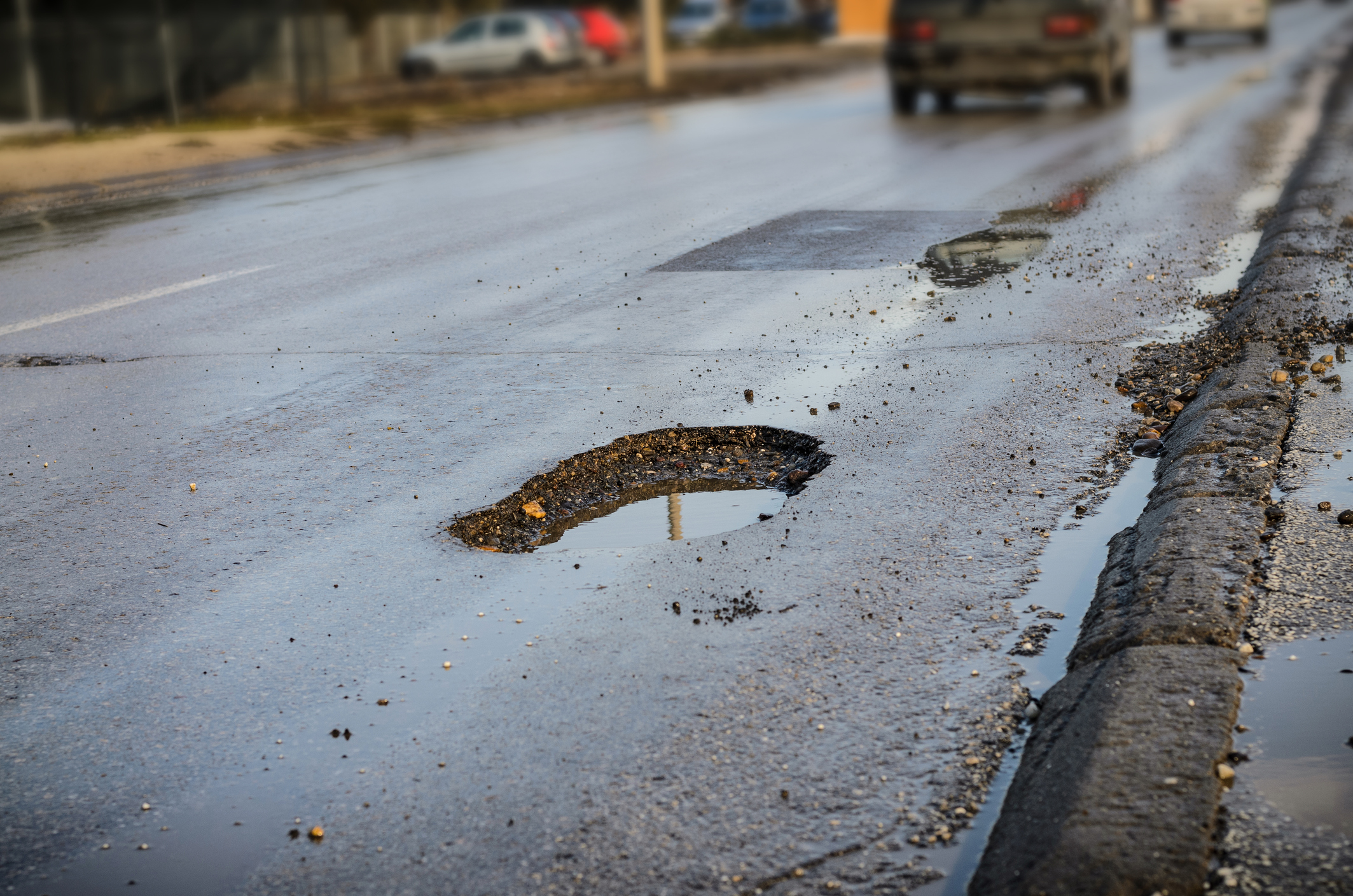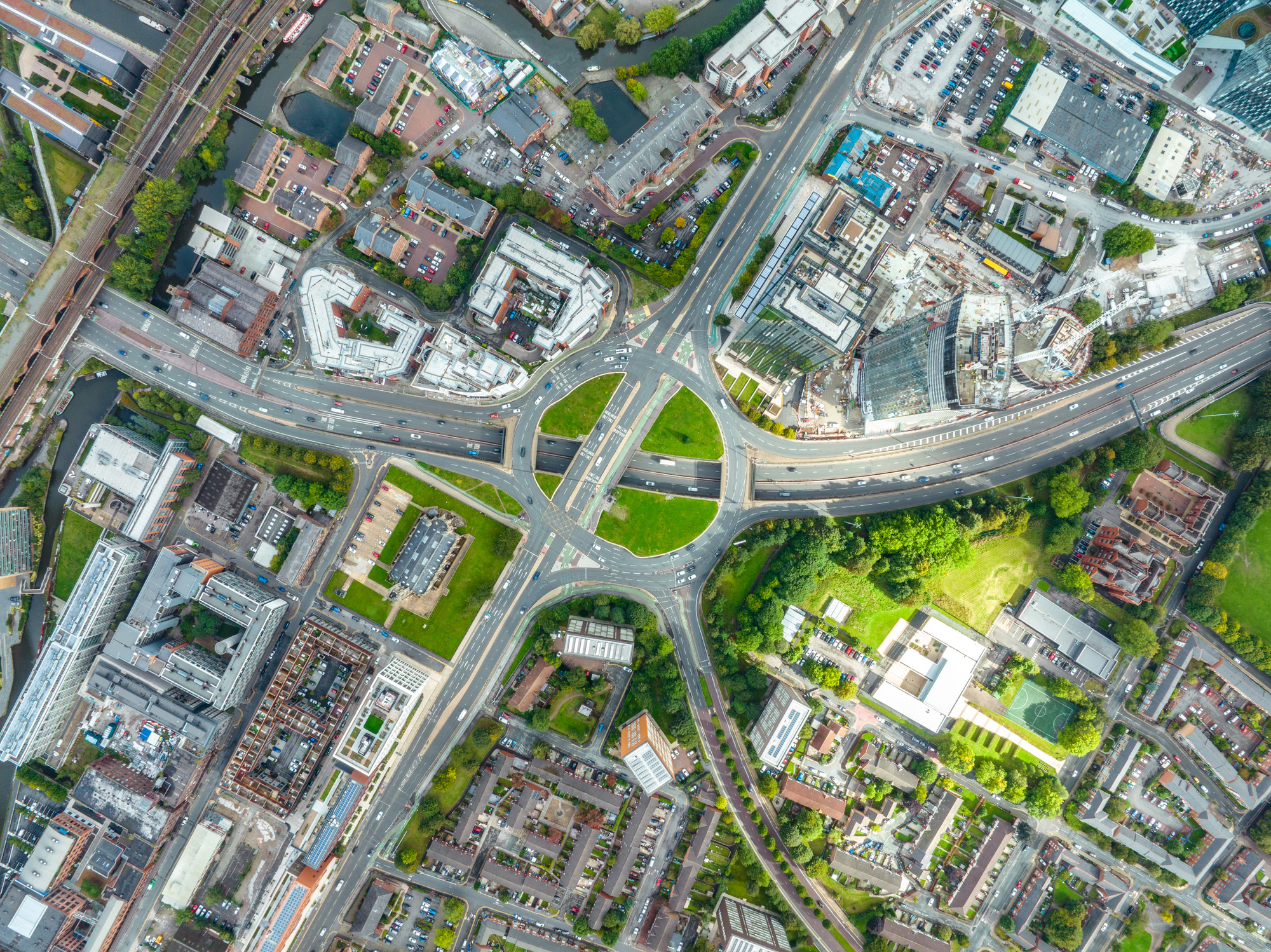Spring Budget 2023: Key Things You Need to Know
Friday 17th March 2023
Last updated: 4th February 2025

In his first Spring Budget, Jeremy Hunt focused his attention on the government’s efforts to halve inflation, grow the economy, and ‘get debt falling’.
There was certainly some good news, with the Office for Budget Responsibility (OBR) forecasting that Consumer Price Index (CPI) inflation will fall from it’s 40 year high of 11.1% in October 2022 to a more manageable 2.9% by the end of this year. Of course, this doesn’t mean that things we buy will get any cheaper, but at least the rate at which they are becoming more expensive is slowing down.
As you would expect, our focus is on the issues affecting drivers and business fleet operators across the UK and so, here are the key things you need to know.

Energy Price Guarantee extended for three months
The post-pandemic surge on demand, reduced gas supplies into Europe following Russia’s invasion of Ukraine, a huge fire at one the biggest liquefied natural gas (LNG) export terminals, and successive harsh winters, have all played their part in forcing energy prices up to previously unimaginable levels. As a result, it’s not only EV drivers that will be pleased to see a three-month extension to the £2,500 (typical use) Energy Price Guarantee from April 2023.
The good news is that prices are expected to start falling in July, once again widening the gap between the real-world pence per mile cost of fuelling a traditional petrol or diesel vehicle and its more cost-effective electric counterpart. That said, it’s worth remembering that even when we take the exceptionally high energy costs currently being experienced into account, most businesses and drivers are still substantially better off by switching to a pure EV.

Fuel duty frozen
Fuel duty has been frozen for so long that it hardly seems surprising to hear Mr Hunt talk about yet another freeze. In fact, it was back in March 2011 that the then Chancellor, George Osborne, froze duty at 57.95p a litre. The next eleven years saw the freeze maintained and, in March 2022, Rishi Sunak introduced a 5p cut.
The combined measures are estimated to save the average driver £100 over the next 12 months. And with next year’s budget being the last before a general election, it’s unlikely to raise any eyebrows if we see the freeze continue into 2025.

Pothole repair funding increased by £200m
It’s not without reason that complaining about potholes is something of a national pastime. In reality, there are an estimated 100,000 potholes on UK roads at any one time and the RAC attends 1,000 pothole-related breakdowns a month. It’s an expensive problem for local government too, with around £12 million in compensation paid to drivers between 2018 and 2021. The Chancellor is seeking to address the problem by adding an extra £200 million on top of the £500 million a year already allocated to the Potholes Fund.

Nuclear to help generate a quarter of electricity by 2050
Simply put, the government cannot hope to meet its target of the UK being net-zero by 2050 without significantly increasing the country’s nuclear capacity. The decision to class nuclear as environmentally sustainable is important because it opens up access to investment incentives currently reserved for renewable energies and, as a result, makes nuclear a more attractive proposition to the private sector.
It’s a move which builds on the government’s £700 million investment in Sizewell C and the official launch of Great British Nuclear (GBN), the government body tasked with reducing costs and generating opportunities across the nuclear supply chain in a bid to help provide up to one quarter of our electricity by 2050.
Their work will also include running the first staged competition for Small Modular Reactors (SMR); as a precursor to further government investment. If successful and economically viable, their smaller size, relative ease of assembly and shipment to an operational site, enhanced safety, and flexibility, could make SMRs an increasingly important component in the government’s future nuclear strategy.

£8.8b over the next 5 years for Sustainable Transport Settlements
The 2021 Autumn Budget included a commitment to invest £5.7bn to help 8 English city regions transform their local transport networks. The original allocation included:
-
Greater Manchester £1,070 million
-
Liverpool City Region £710 million
-
North East £563 million
-
South Yorkshire £570 million
-
Tees Valley £310 million
-
West of England £540 million
-
West Midlands £1,050 million
-
West Yorkshire £830 million
This has now been followed up by a second round of funding to the tune of £8.8bn over the next five years, to further help regions achieve their net-zero ambitions by changing the way people travel and to improve the sustainability of existing transport frameworks.

Climate Change Agreement scheme extended for two years
Climate Change Agreements support the UK’s decarbonisation goals by rewarding businesses for meeting agreed energy reduction and CO2 emission targets with a discount on the Climate Change Levy (CCL) payable as part of their electricity and fuel bills.
Mr Hunt asserts that the extension will allow eligible businesses a total of £600 million in tax relief on energy efficiency measures and the extension will be open to new participants in currently eligible sectors.
More information can be found in the rather weighty Climate Change Agreements Operations Manual and the Department for Energy Security and Net Zero (DESNZ) will be consulting on the details of the extension and proposals for any future Climate Change Agreement scheme.

£20bn for Carbon Capture Usage and Storage
The UK is undoubtedly a major player in the renewables industry and the government is seeking to further boost the country’s green economy with £20 billion of support for the early development of Carbon Capture Usage and Storage (CCUS). It’s a move the government hopes will attract private sector investment and the potential capture over 20 million tonnes of CO2 per year by 2030.
The technology is still in the evolutionary stages but, in principle, it includes capturing carbon dioxide from major industrial sources, compressing it and, if necessary, transporting it for use in a range of applications, such as the production of fuels and chemicals, or to be injected deep underground.
According to the Intergovernmental Panel on Climate Change (IPCC) the use of so-called ‘negative emissions technologies’, such as CCUS, are likely to be needed to ensure that any overshoot of the 1.5C target is only a temporary situation.

Good and bad news on investment allowances
Replacing the super-deduction introduced back in 2021, the Chancellor announced a new policy of ‘full expensing’ for plant and machinery such as vans, lorries, tractors, forklift trucks, and excavators etc. In essence, this means companies will be able to write off the full cost of qualifying plant and machinery in the year of investment.
This might sound like good news for businesses in a position to make such an investment but, on the flip side, there is currently a leasing and rental exclusion arising from concerns about potential abuse and a wide scope for error. However, the government has committed to working with the leasing industry to “identify possible policy solutions that appropriately mitigate these risks”.


